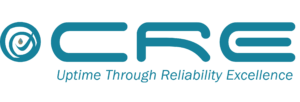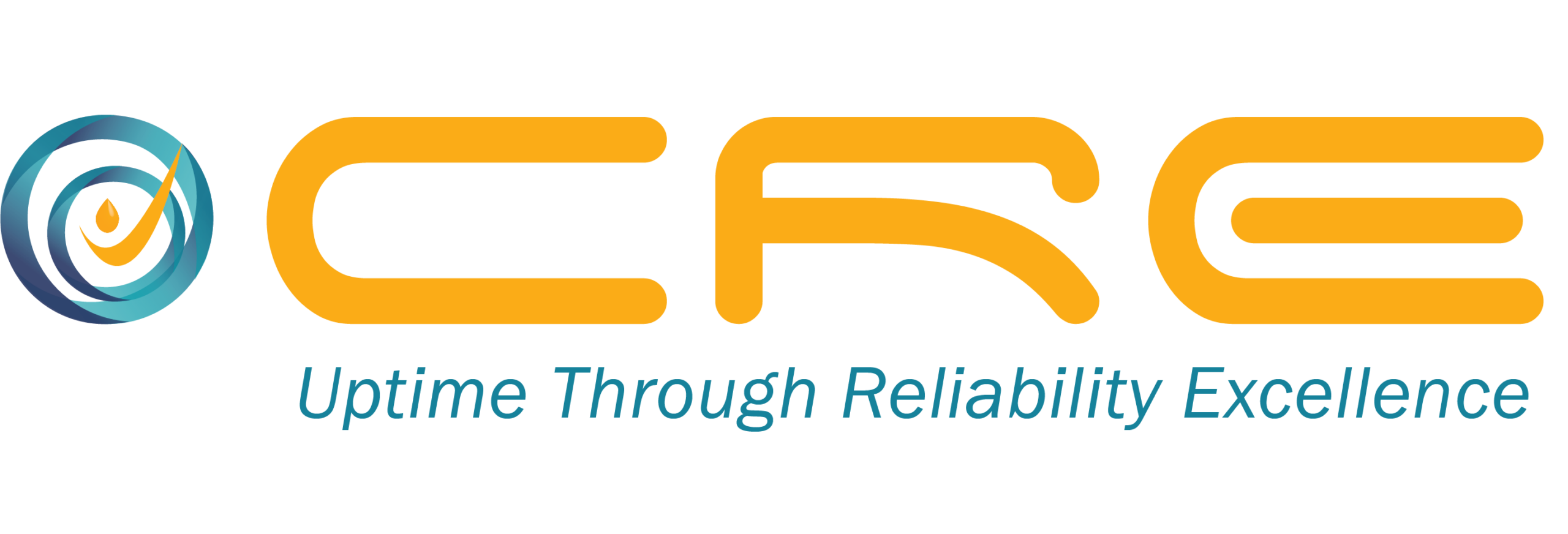

There are numerous factors to consider if you decide to start an oil analysis program at your facility or find a quality lab other than the one provided by your oil supplier. Building a good connection with your oil analysis lab will need the following three characteristics.
Testing Reliability
When laboratory staff make mistakes in testing protocols and procedures, clients may lose trust and regaining it can become more difficult. In order to maintain the highest level of accuracy in analytical interpretation, a quality laboratory should follow ASTM or ISO standards.
First, check for any variations from the standardized test protocols. Then, make sure devices are regularly calibrated. Finally, confirm whether your partner laboratory follows ASTM ILCP. ICLP stands for Interlaboratory Crosscheck Test Programs which enable laboratories to confirm their level of accuracy and precision against other laboratories worldwide.
Oil Analysis and Interpretation
In the best oil analysis reports, professionals provide a detailed analysis interpretation summary. Importantly, they customize it rather than relying on computer-generated results. The report should also include graphs that indicate trend data, as well as a baseline comparison and warning limitations. Finally, the report should have an easy-to-understand layout.
Service to Customers
An oil analysis laboratory should provide services that go beyond just analyzing oil samples. The person in charge of receiving reports at the plant should communicate with those who analyze the data at the lab on a regular basis to cooperate on the possible causes for data abnormalities and to get an expert opinion on the best course of action. A hotline should be available at the laboratory to give excellent customer support anytime you need it.
A trained analyst should evaluate the results, discover the indications concealed in the raw data, and provide clear recommendations for resolving any problems. This is certainly the most important reason for oil analysis.
Selection Principles
You can seldom find a laboratory that excels in every element of oil analysis. In order to remain competitive, laboratories may focus their efforts on the market’s most valuable sectors. Selection principles may be organized into five areas: preparation, regulation, interpretation, communication, and assessment.
1. Preparation
Preparation includes everything that happens before taking the oil sample to the lab. Therefore, it is critical to select a lab that is close enough to provide results within 24 hours or as soon as feasible after obtaining the sample. Additionally, the lab may provide specific packaging materials to ensure that the oil is shipped safely and effectively.
2. Regulation
The majority of oil analysis test procedures are complex and require strict adherence to laws. It’s crucial to know the standards your partner laboratory applies for the essential tests. There should be a minimum certification requirement for operating technicians in order for them to perform all the necessary tasks in the lab. First, find out how quickly the lab processes samples, next see the order in which it performs tests, and finally check how it stores the remaining sample for any exception testing.
3. Interpretation
Importantly, a professional must provide a detailed interpretation of the data to achieve the objectives of oil analysis. Because each oil analysis parameter gives various types of data, summarizing and reconciling each result to come up with a holistic interpretation requires expertise. For a solid interpretation, it is crucial to provide a baseline sample for comparison. To assess if there are any risks, it is important to establish trends and statistical patterns for samples.
Based on the numerous trends developed for each sample point, combined with the gathered maintenance history and an understanding of the machine’s criticality, you can therefore establish cautionary and critical alarm limits, which consequently help guide maintenance decisions effectively. The lab should aid in determining these limitations, but they must be consistent with the plant’s overall dependability goals.
4. Communication
Once you have interpreted the sample, you should expect your lab to communicate the results quickly and effectively, while additionally providing supporting graphs, highlighted concerns, pictures, and written interpretations, and moreover, routing all reports through cloud-based software as has become common in recent years.
If there are any urgent problems, your laboratory should be ready to call you right away. This can be done via phone, text, email, or any other means that works best for you.
5. Evaluation
A laboratory should be able to assess whether there are any exception tests that might offer further information about any concerns raised by a standard test. Using this data, you can therefore create remediation suggestions and, moreover, perform a more in-depth evaluation of the machine’s operating circumstances, which consequently supports more effective maintenance decisions.
Cost Considerations
At What Cost?
If price were not a concern, you could simply choose a lab that delivers on all these principles. Additionally, you can refine each oil analysis selection principle by considering the optimum reference state (ORS) of each machine or, more importantly, your plant’s overall reliability objectives.
Balancing Cost and Benefits
When do the costs of oil analysis exceed the benefits? First, analyze the financial implications of a prospective machine failure. Then decide how much you are ready to spend to avoid the typical incidence. A single catch that prevents the average failure would nearly always outweigh the normal expense.
In general, oil analysis services are reasonably priced in the market. Be wary of the drawbacks of low-cost or even free oil analysis programs. There is an optimal effectiveness zone that is a balance between the cost of an investment and the overall cost of unreliable laboratory operation.
Prioritizing Quality Over Price
Pricing should not be your primary concern when choosing a lab. It’s typically a compromise between price, service, and quality. Don’t skimp on the appropriate levels of service and quality for the sake of saving money it will determine whether or not you achieve your final aim.
